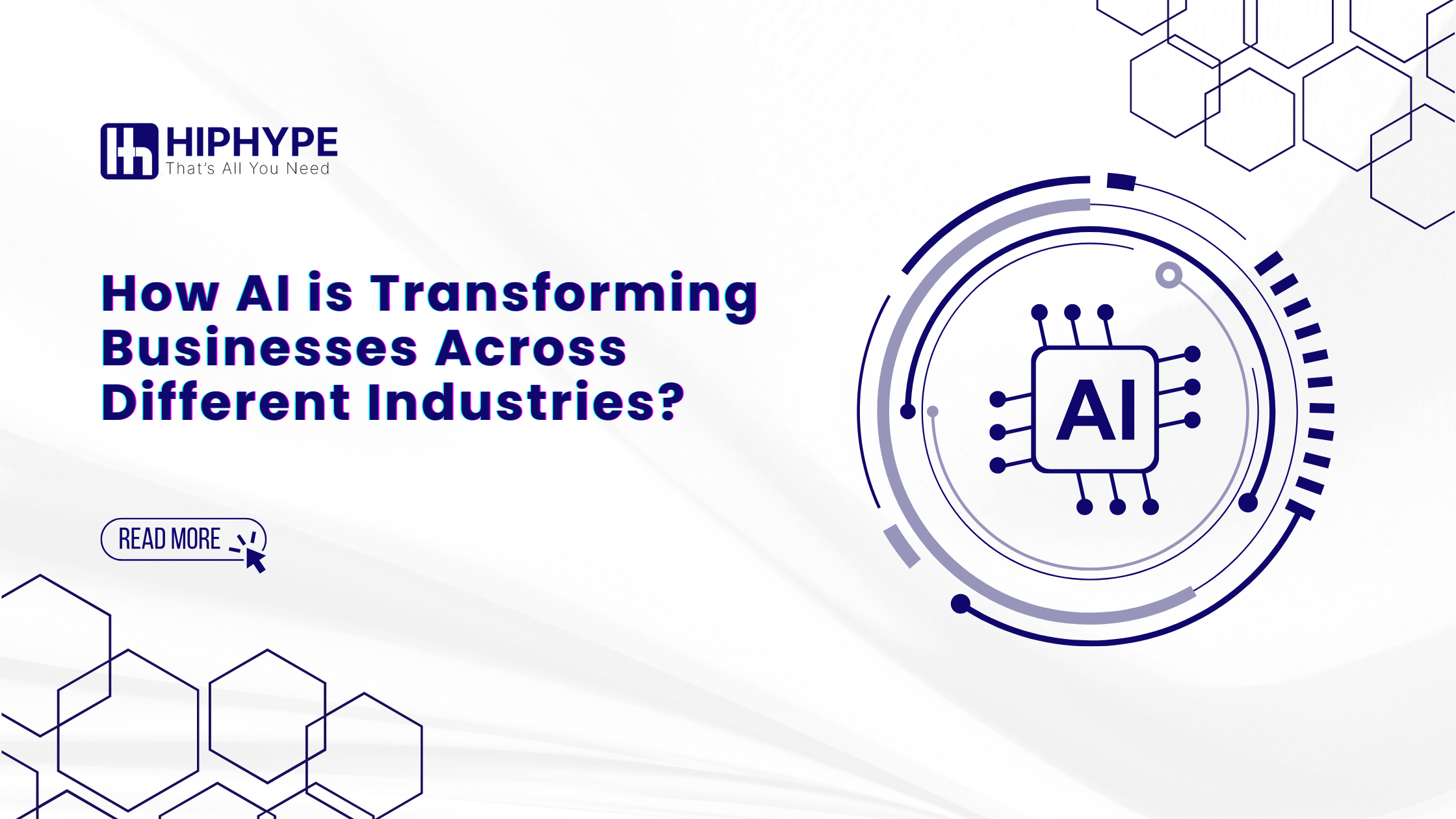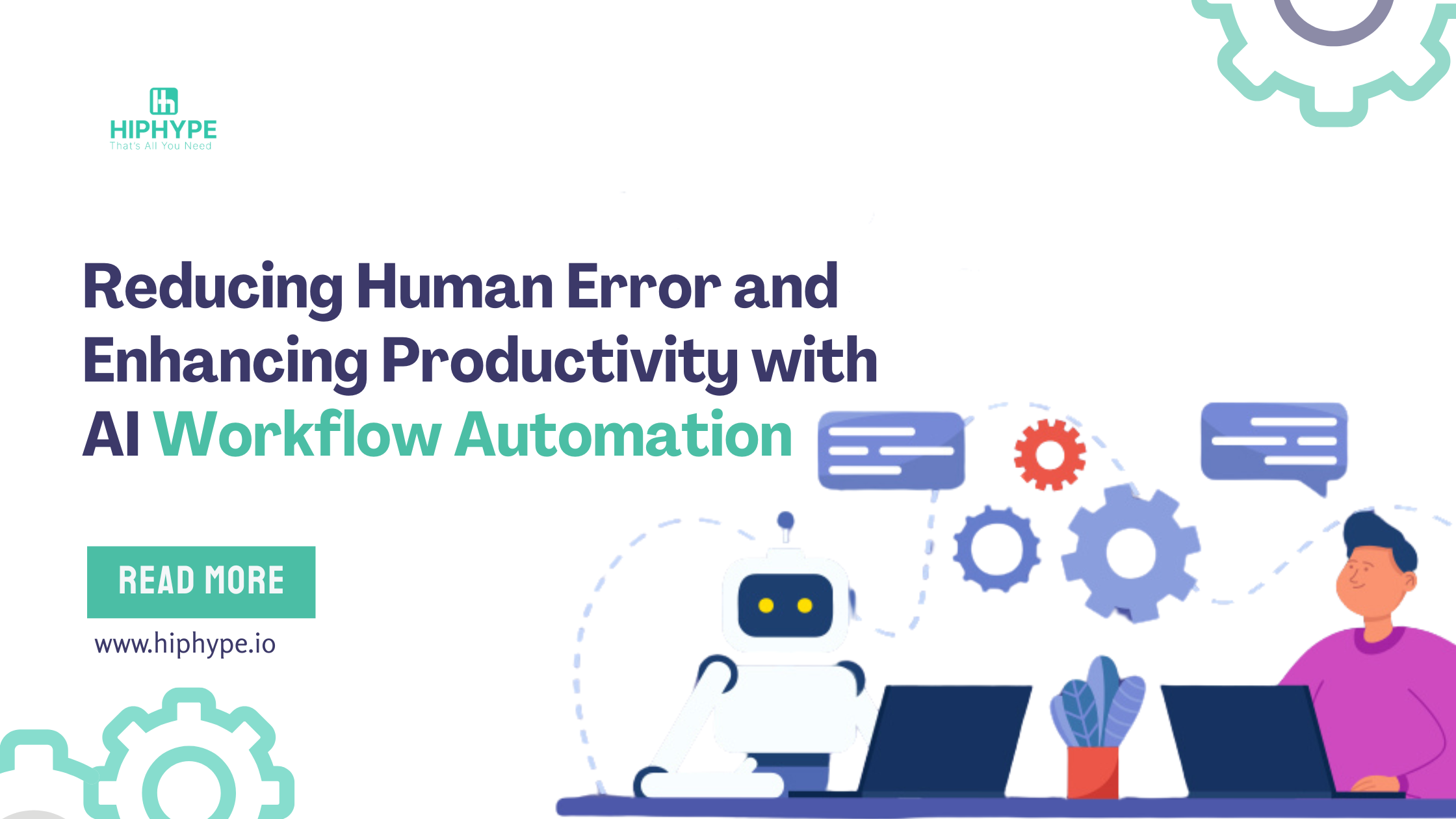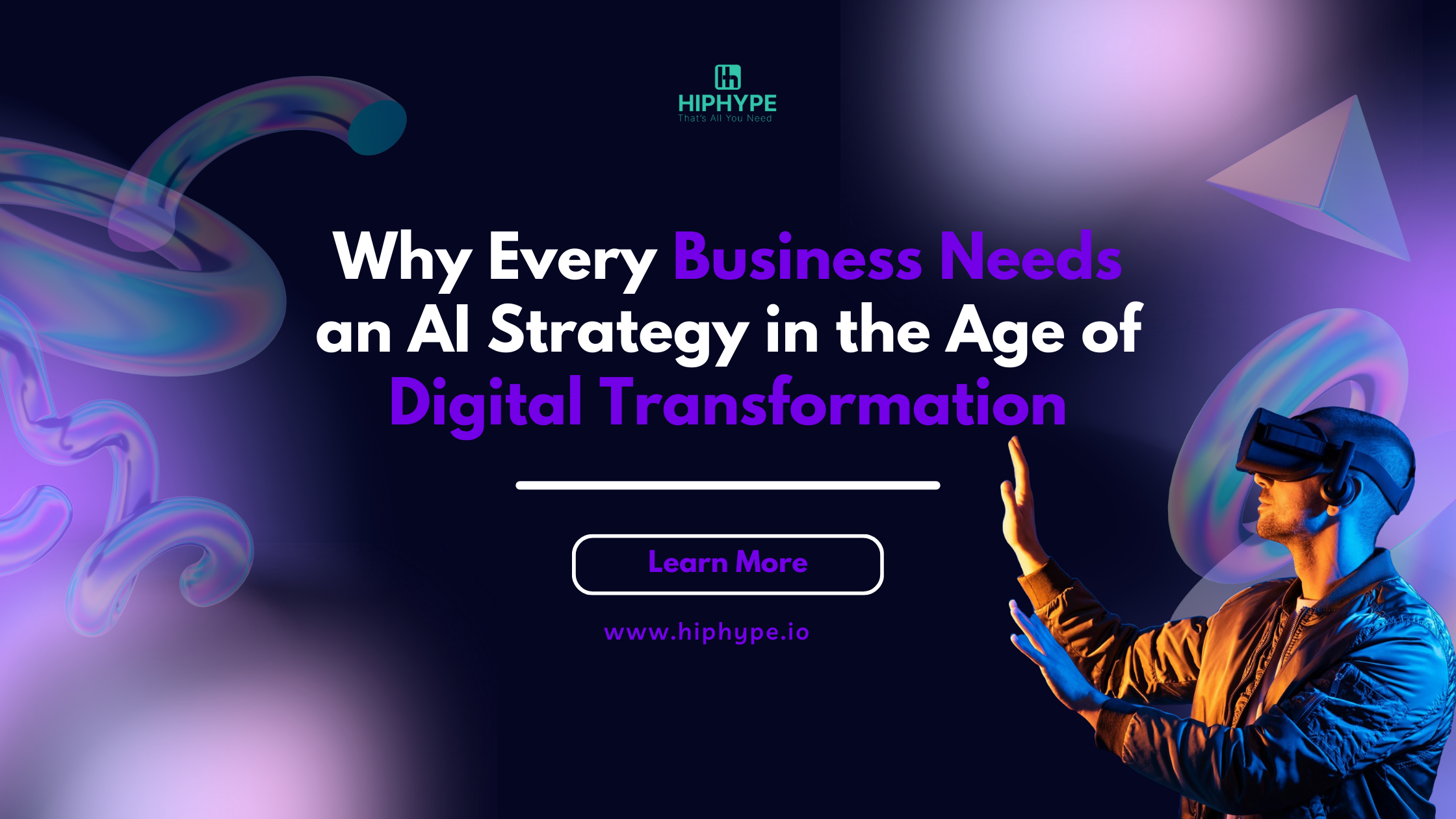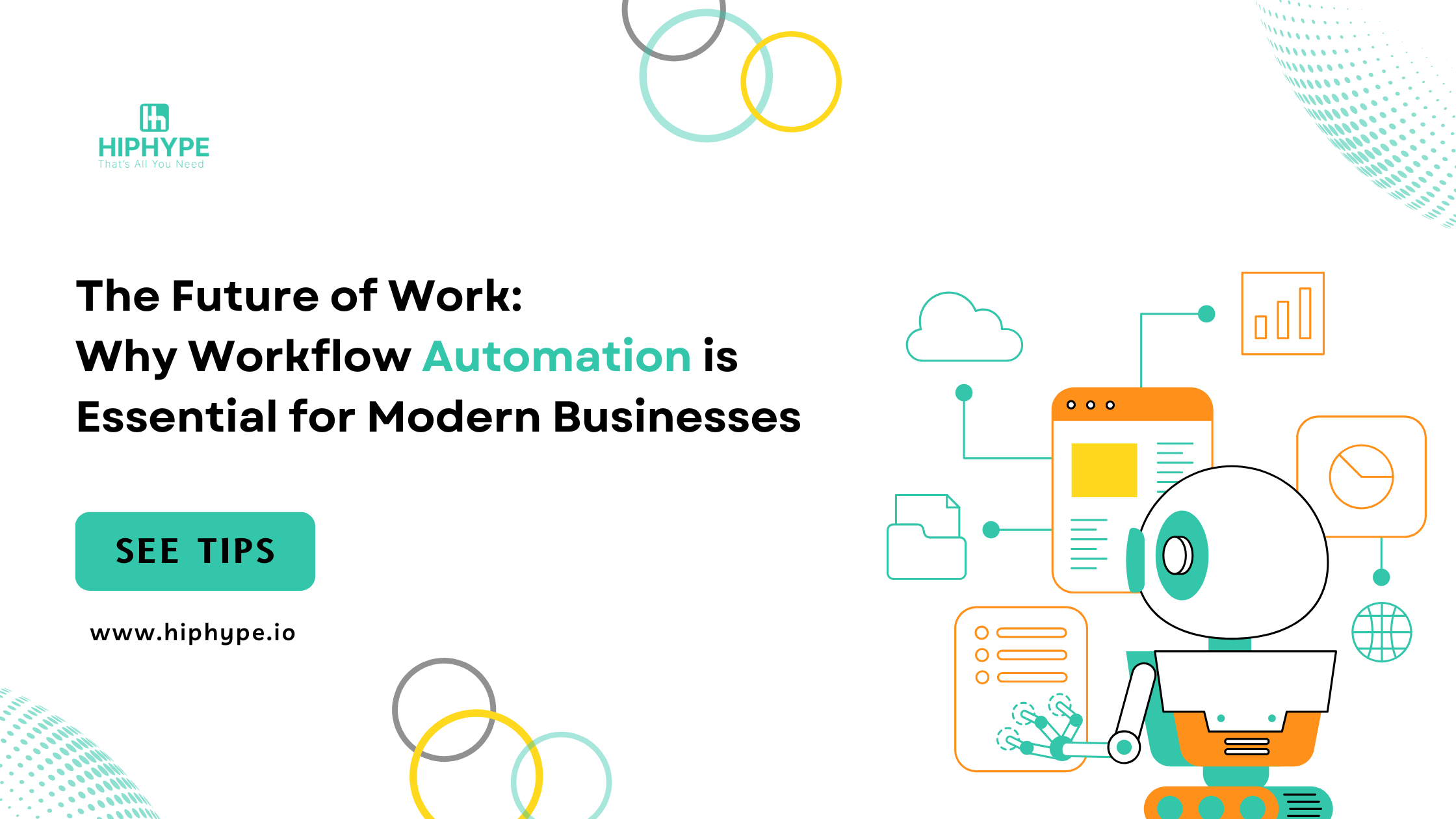Artificial Intelligence (AI) isn’t just a buzzword anymore; it’s a reality that’s transforming the way we live and work. If you look around, you’ll notice AI is already deeply woven into the fabric of our daily lives, from personalized streaming recommendations to voice assistants that understand (almost) everything we say. But the real magic lies in how AI is reshaping entire industries, revolutionizing processes, and creating opportunities we never thought possible.
In this blog, we’ll take a look at how AI is making waves across different sectors, like healthcare, finance, retail, and even agriculture. We’ll dive into the specific ways it’s changing the game and share real-world examples of companies reaping the benefits. So, whether you’re a tech enthusiast, a business owner curious about AI, or just someone interested in the future, this exploration will give you a clear picture of what’s happening—and what’s coming.
1. AI in Healthcare
Introduction to AI’s Role in Healthcare
Describe the significance of AI in improving patient outcomes, diagnostics, and personalized medicine.
Applications
- Medical Imaging and Diagnostics: How AI helps in identifying diseases with precision.
- Robotic Surgery: Use of AI-driven robotic systems in surgery.
- Predictive Analytics: AI models forecasting disease outbreaks and patient outcomes.
Benefits and Challenges
- Improved accuracy and efficiency in diagnosis.
- Ethical concerns and data privacy issues.
Case Studies
Examples of healthcare organizations successfully using AI.
2. AI in Finance
Revolutionizing Financial Services
Discuss the use of AI in automating and enhancing financial processes.
Applications
- Fraud Detection: How AI identifies fraudulent activities in real time.
- Algorithmic Trading: AI algorithms predicting market trends.
- Customer Service: Chatbots and virtual assistants in banking.
Impact on Financial Operations
- Faster, more secure transactions.
- Challenges related to data security and algorithm biases.
Success Stories
Highlight banks or financial institutions leveraging AI for better customer service and security.
3. AI in Retail
Transforming the Shopping Experience
AI’s role in revolutionizing customer experience and retail operations.
Applications
- Personalized Recommendations: How AI tailors product suggestions.
- Inventory Management: Predictive analytics for stock optimization.
- Chatbots and Virtual Shopping Assistants: Enhancing online shopping experiences.
Impact on Customer Engagement
Discuss how AI improves marketing efforts and customer retention.
Real-World Examples
Success stories from e-commerce giants like Amazon.
4. AI in Manufacturing
Smart Manufacturing with AI
Explore how AI is automating production and supply chain management.
Applications
- Predictive Maintenance: AI in anticipating machine failures.
- Quality Control: AI-driven inspection systems ensuring product quality.
- Supply Chain Optimization: Efficient resource planning and logistics.
Benefits and Challenges
- Increased productivity and reduced operational costs.
- Concerns over job displacement and skill gaps.
Industry Examples
Companies leading in AI-powered manufacturing, such as Siemens or General Electric.
5. AI in Agriculture
AI’s Role in Modern Farming
Explain how AI is transforming traditional farming practices.
Applications
- Precision Agriculture: AI tools optimizing crop yields.
- Automated Irrigation Systems: Efficient water management.
- Livestock Monitoring: AI technologies tracking animal health.
Benefits to Farmers
- Higher productivity, better resource management, and sustainable practices.
Case Studies
Examples of AI-driven agritech startups making a difference.
6. AI in Transportation and Logistics
Smart Transportation Systems
AI’s contribution to making transportation safer and more efficient.
Applications
- Autonomous Vehicles: Advances in self-driving car technology.
- Route Optimization: AI for efficient delivery and logistics.
- Traffic Management Systems: How AI reduces congestion in urban areas.
Future of AI in Transportation
Potential impacts and emerging trends, such as AI in air traffic control.
Success Stories
Companies using AI for fleet management and autonomous driving.
Conclusion
Encourage readers to consider how AI could be integrated into their own business strategies. Recap the major ways AI is revolutionizing these industries. Reflect on the potential future developments of AI and how businesses can stay ahead by adopting AI technologies.





